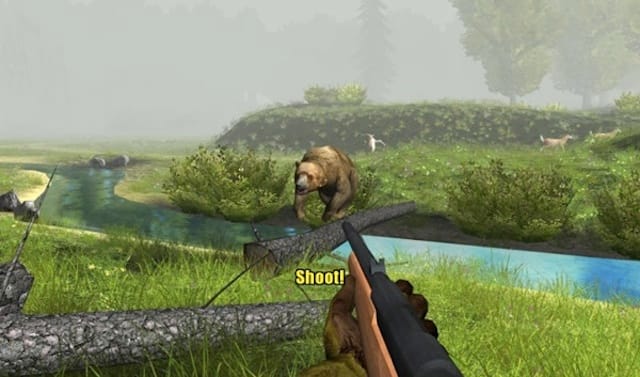PAUSE: Watch this amazing Diablo III short from the creators of Metalocalypse and Aeon Flux.
video Like any self-respecting Blizzard game, Diablo IIIhas a massive amount of lore traditionally left out of the primary gameplay experience. To get some of the backstory of how Tristram got embroiled in this whole mess with the devil, check out this wonderful short film from Titmouse, the animati


